Last week (on August 10, 2023), China lifted the remaining pandemic era restriction on group travel tours abroad to places like the United States, Japan, and Australia. Earlier this year, that ban was lifted for France, Switzerland, Italy, and a number of other destinations. Interestingly Canada, with some touchy relations with China right now, was and is not a beneficiary.
And can you guess who is happy about this? Well, perhaps not other tourists who likely will find bigger crowds in their favorite destinations. U.S. Commerce Secretary Gina Raimondo called it a “significant win” and the result of hard work. Certainly travel-related industries like airlines and hotel stand to benefit. But, on top of that, luxury brands are expecting and hoping for a boom in sales.
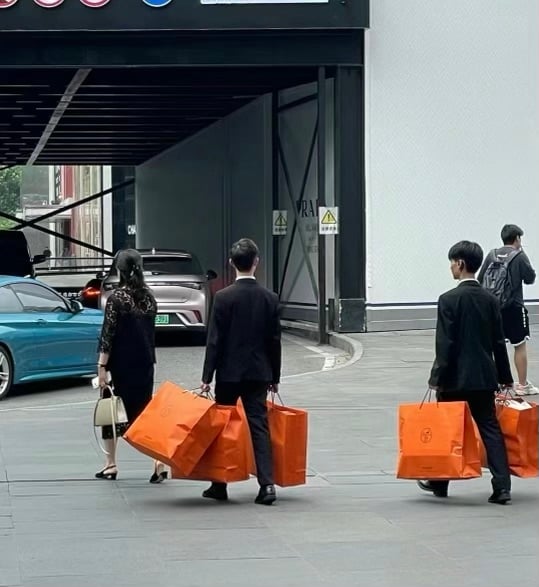
According to Reuters, in 2019, pre-pandemic, tourists from China spent a combined $255 billion abroad. Organized group tours – a popular way of travel for Chinese residents – accounted for nearly 60% of that. And consulting firm Oliver Wyman expects that affluent Chinese travelers will spend around 48% of their travel budget on shopping. That is, when they start traveling abroad again, which for some may not be until 2025 or 2026.
As of July 2023, international flights in and out of China are only at 58% of 2019 levels. However, at least with respect to the United States and China, the countries have agreed to increase the number of weekly flights between now and October. The National Travel and Tourism Office reports that over 2.8 millions tourists came to the United States from China in 2019. The number is expected to be 30% of that this year.
While China banned international travel during the pandemic, domestic travel within China grew. At the same time many luxury brands expanded their presence within China fostering domestic luxury purchasing. It will be interesting to see whether and to what extent Chinese residents will resume tourism shopping, as opposed to shopping at home. In part that may depend upon domestic supply and price equalization. After all, if you can purchase it at home for the same price, perhaps there’s no need to shop abroad.
Of course, the financial well-being and confidence of Chinese residents also will play a role. Second quarter economic reports show a slowing economy in China. Moreover, given recent reports of Gen Z graduates having difficulty finding jobs, their unemployment may well impact the travel and shopping habits of them and their parents.
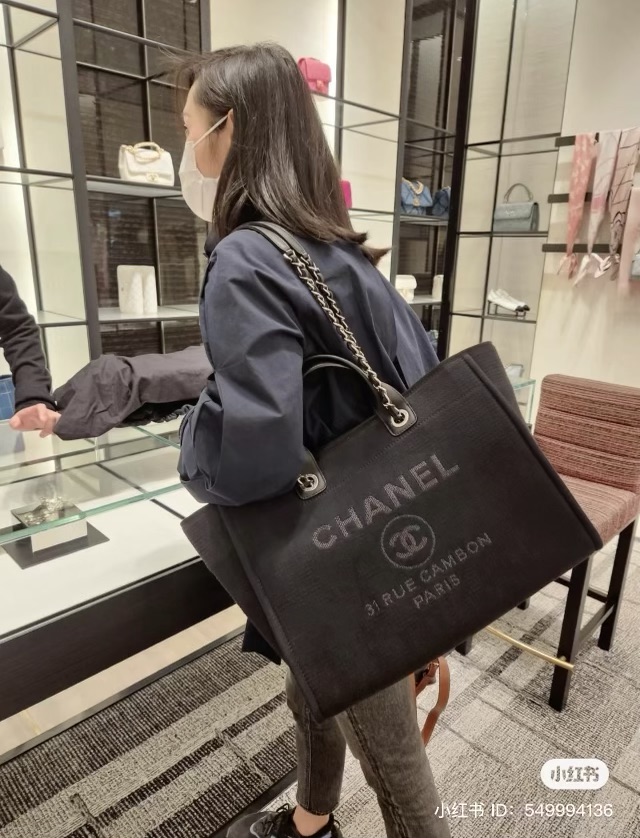
As luxury conglomerates like LVMH and Richemont reported a softening in the U.S. market particularly among “aspirational consumers”, they also pointed to the importance of the Chinese shopper both in China and elsewhere. No doubt they are hoping that a greater flow of travelers from China will create a greater revenue flow in the United States and around the world.
LVMH’s stock price initially rose on the news about elimination of the group travel ban. It has slid downward since, but is up about 1.2% overall in the five days since August 9. Similarly, Hermès is up about 1.87% over that period.
Does it seem to you that every day brings new speculation about the health of the luxury goods market? What are your predictions? Let us know.
Love, PurseBop
XO
Updated: August 15th, 2023



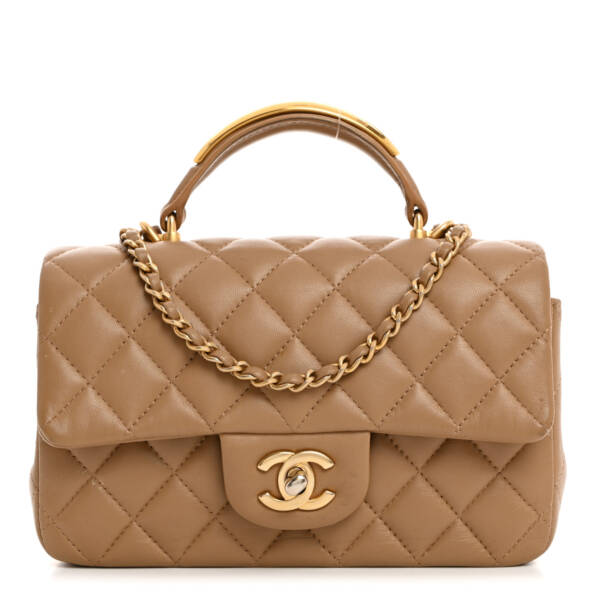
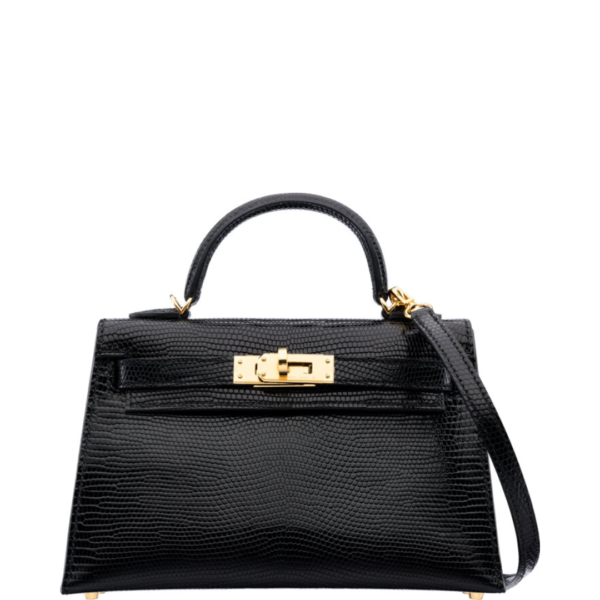
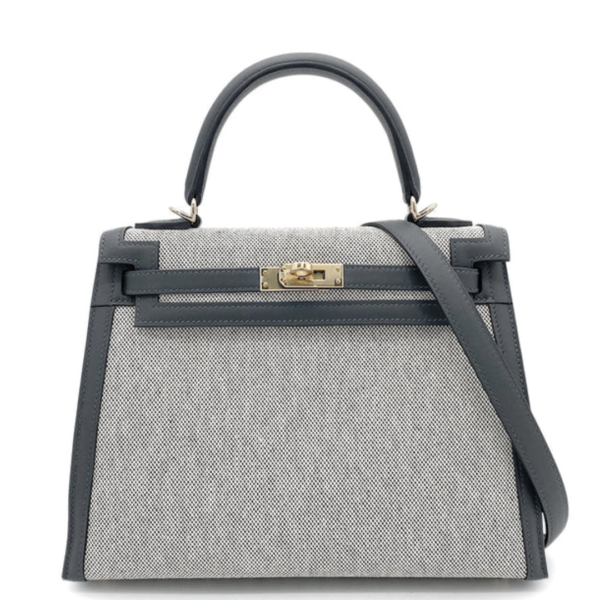

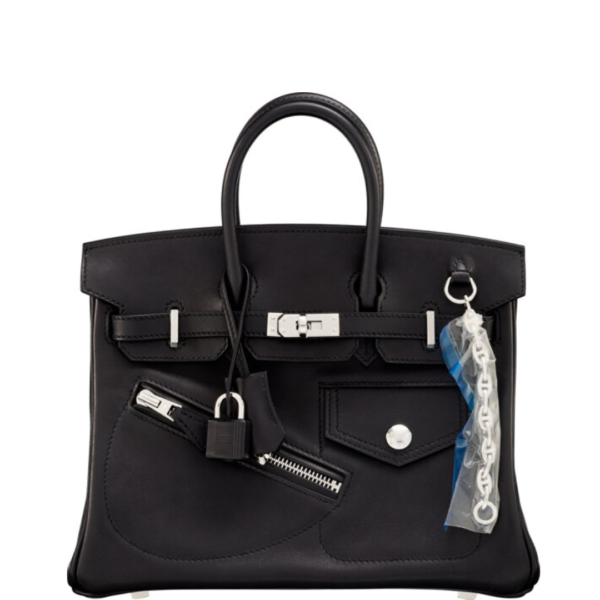
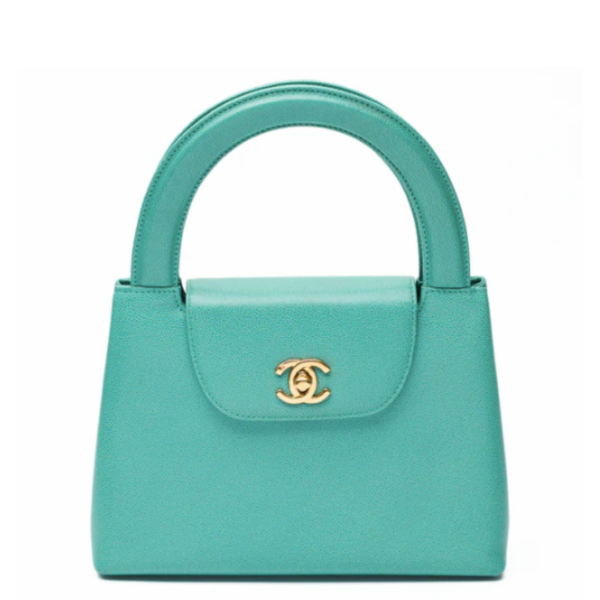
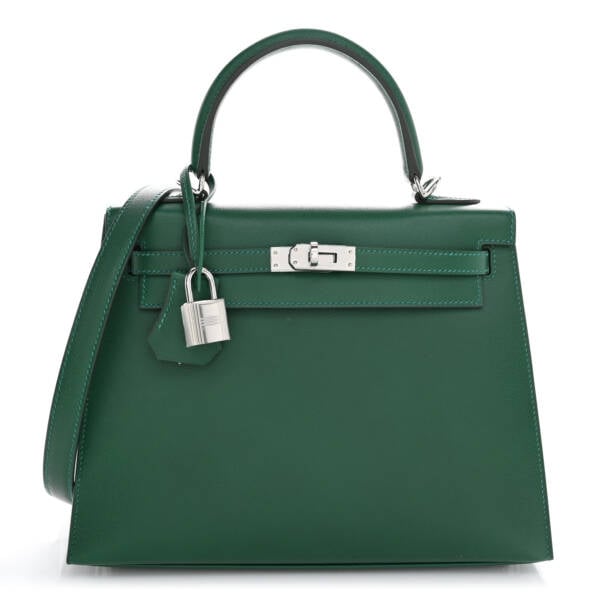
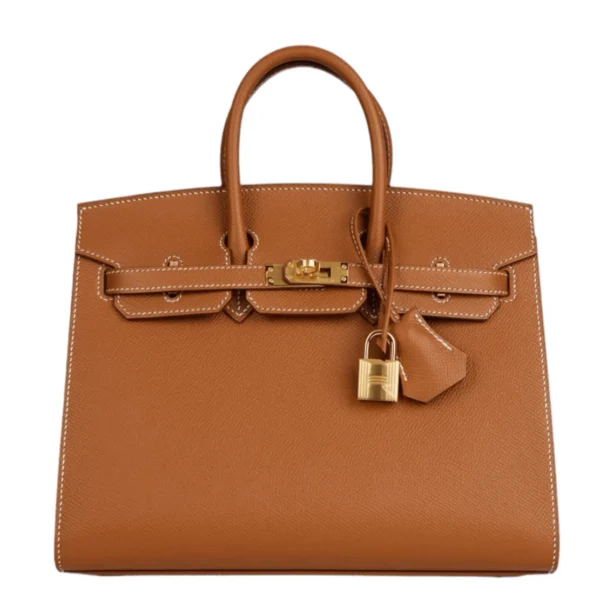
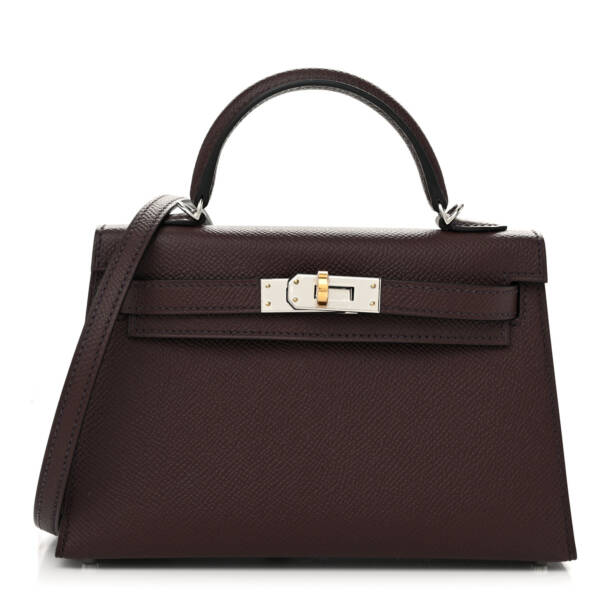
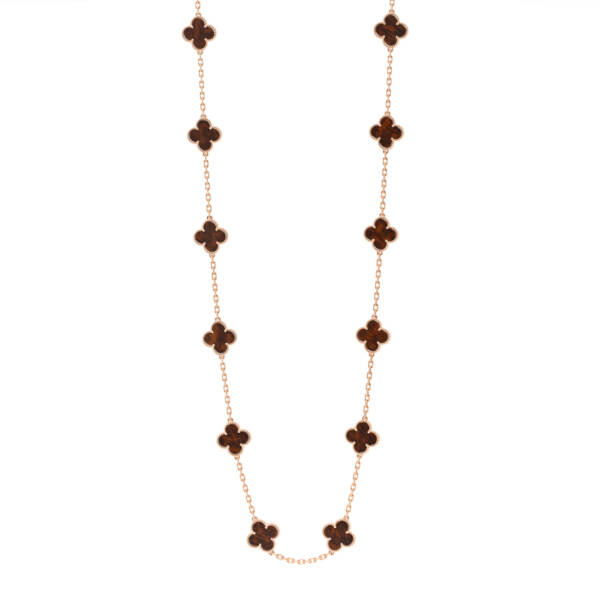



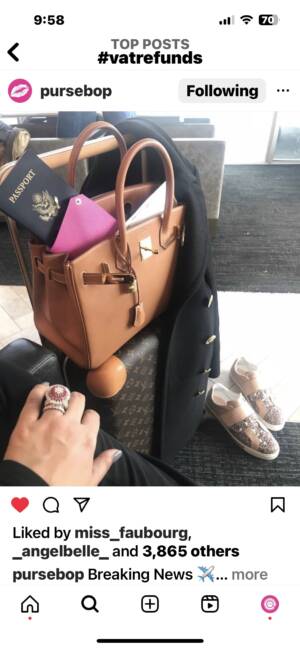
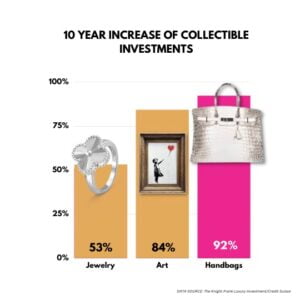
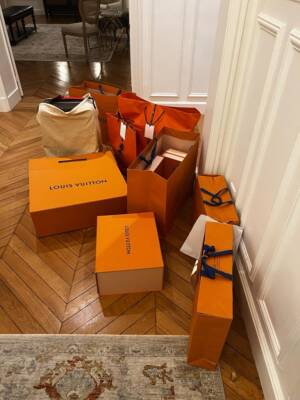



Comments